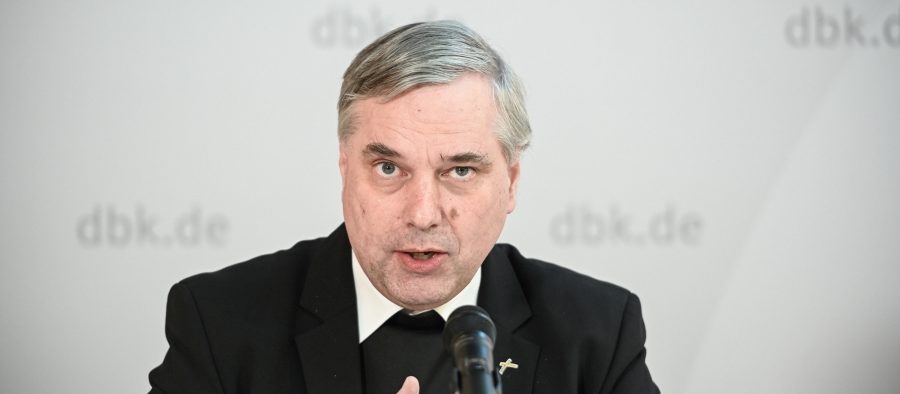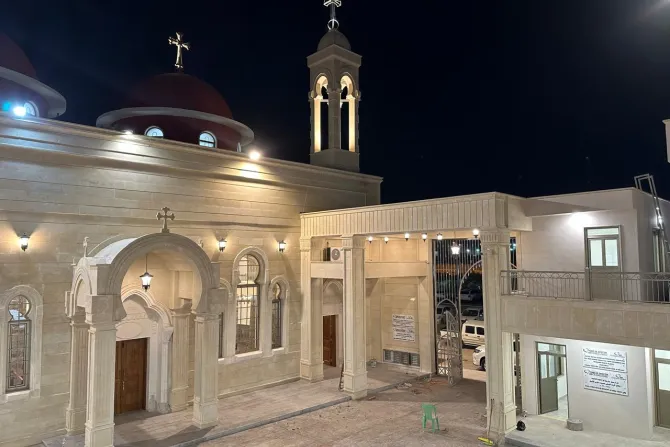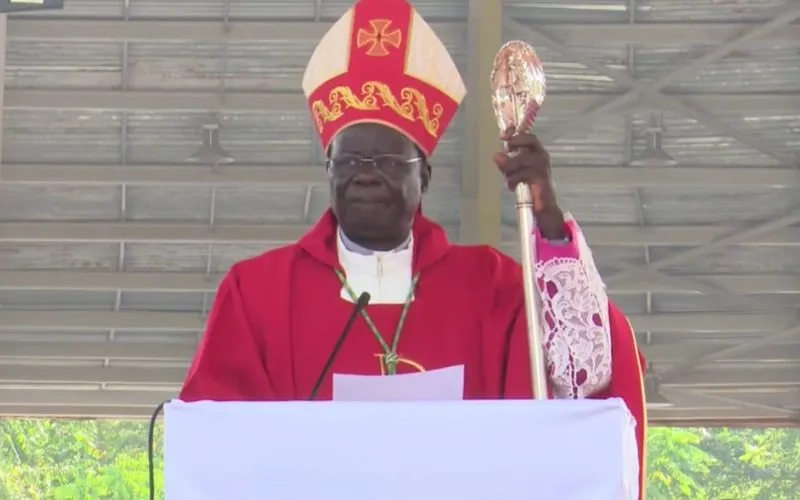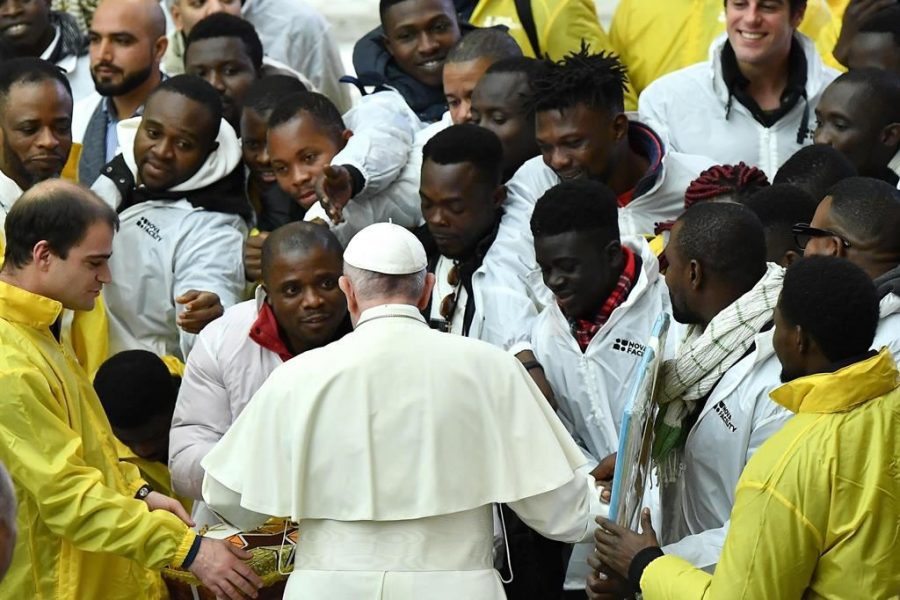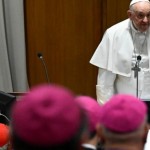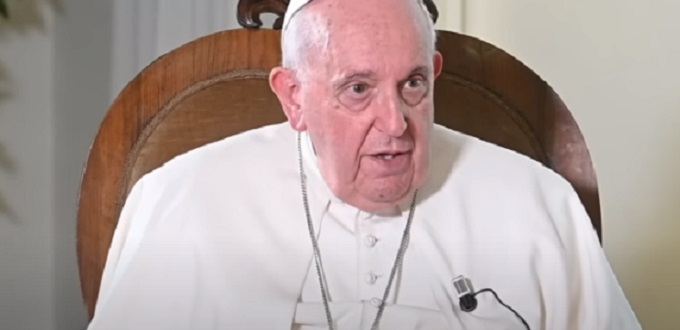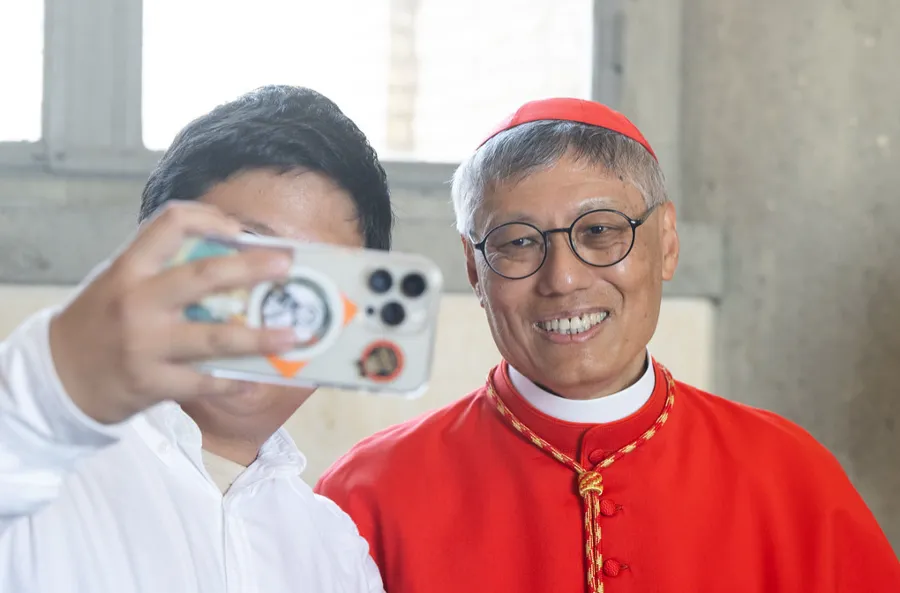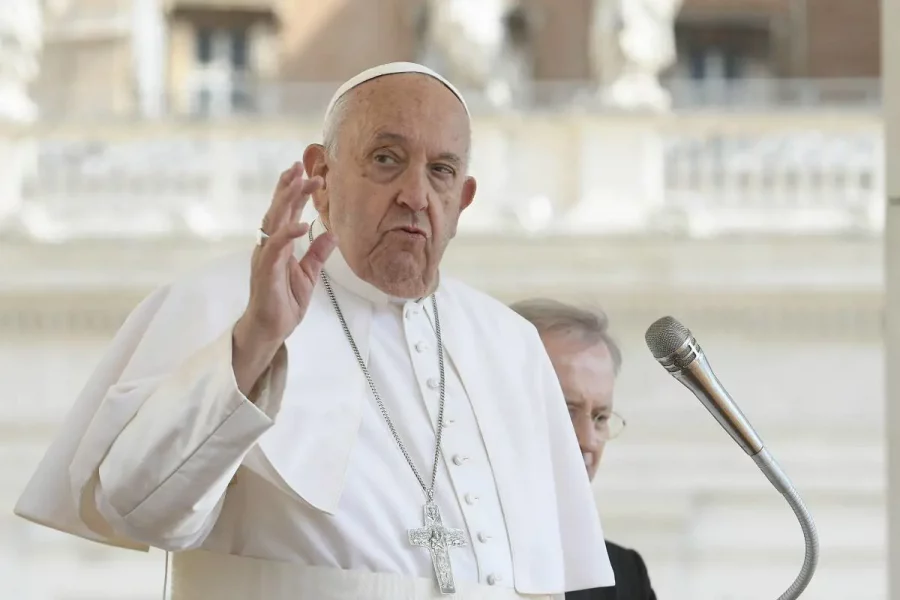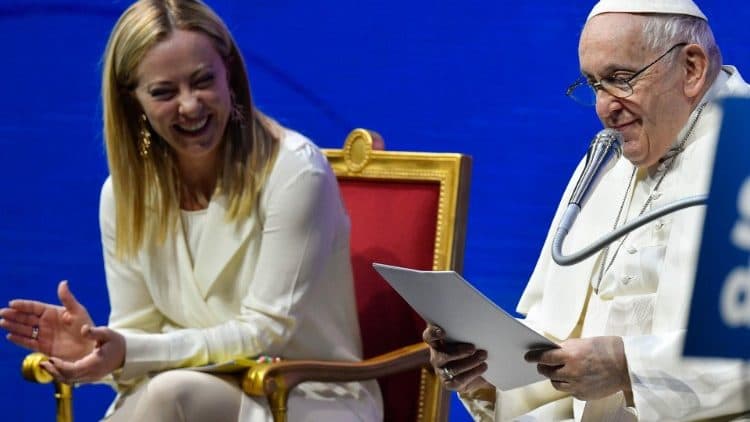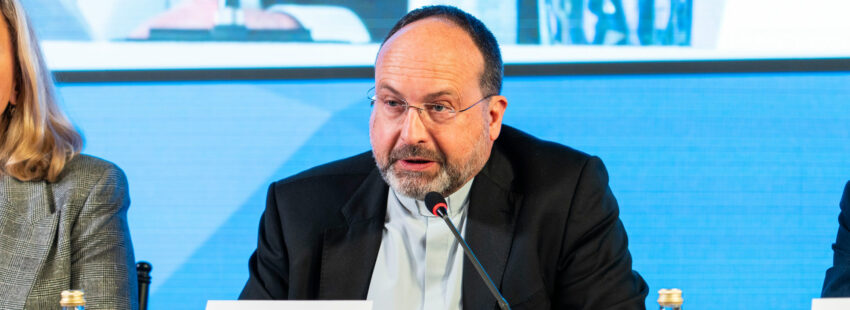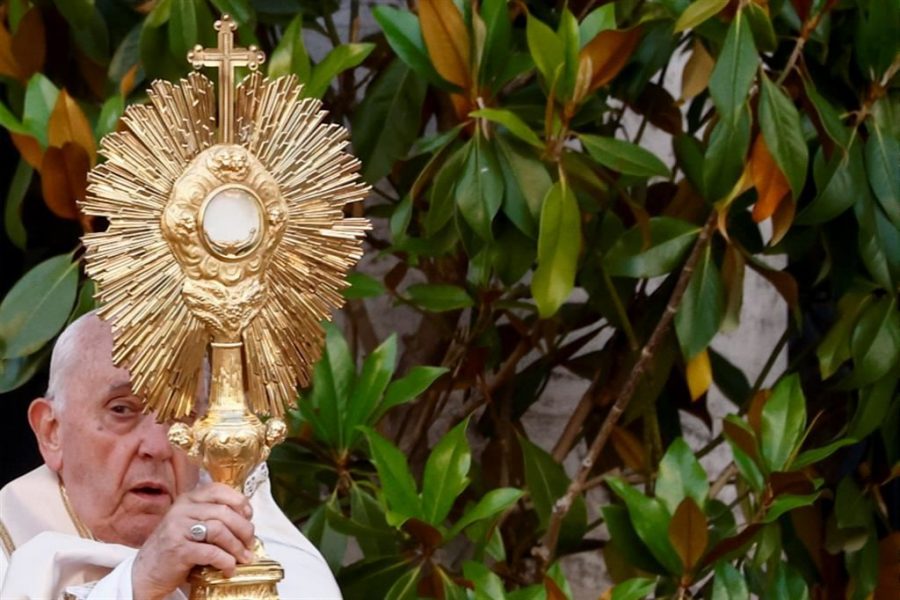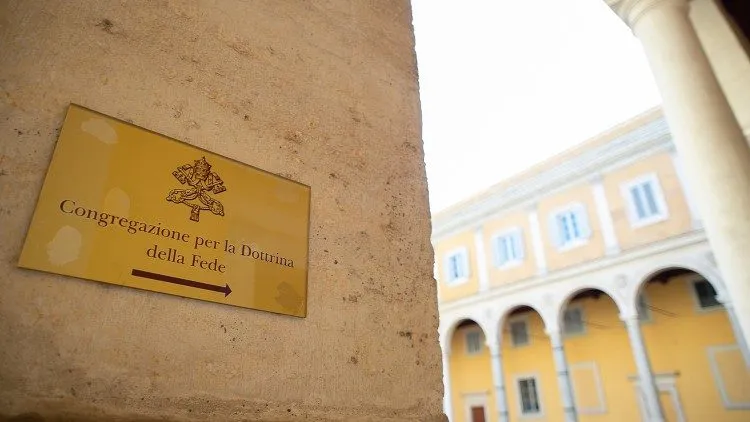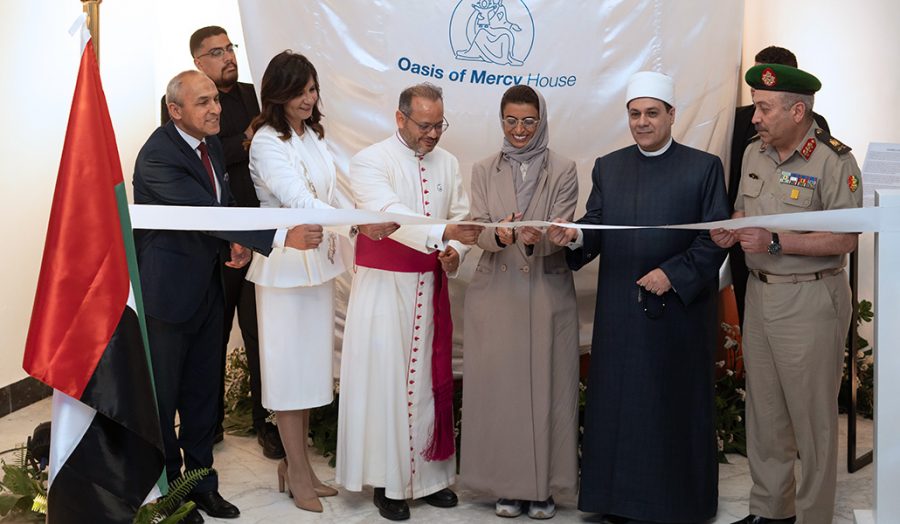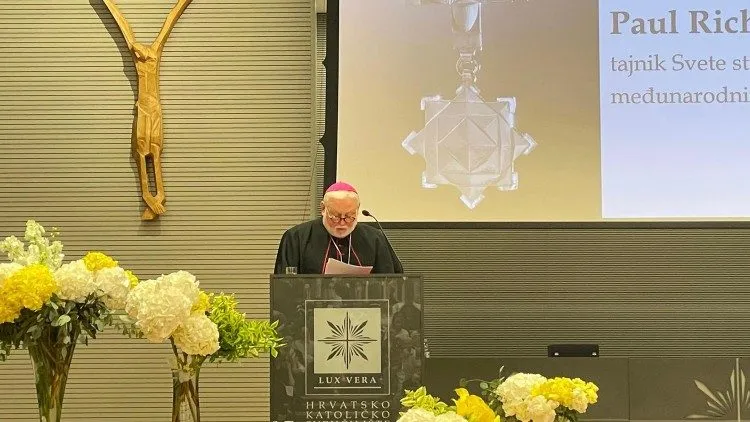(Kath).
With regard to the election of the EU Parliament, Austria’s bishops are proving themselves to be convinced Europeans: the diverse challenges facing the world and with it Europe must be solved in solidarity – also on the basis of the foundation of Christian values and the contribution of Christians, as the bishops state in a statement on the EU election. The statement was already adopted at the spring plenary assembly in St. Georgen am Längsee in March. The bishops appeal to all citizens of the EU to exercise their right to vote in the upcoming election, which will take place in Austria on June 9th, “in order to help shape Europe constructively and strengthen democracy”.
In their text on the European election, the bishops recall the origins of the European Union as a peace project and the “deeply Christian visionaries” who were responsible for the impetus for its founding. The EU has so far lived up to its “primary purpose” of creating lasting peace through reconciliation between once hostile nations. At the same time, “Russia’s terrible war of aggression against Ukraine” clearly shows “how important and at the same time endangered” peace is.
The bishops express concern about the Christian faith as a foundation of values ”that is increasingly in danger of being forgotten”. The European Union is based on unconditional respect for the dignity of every individual. “Where Europe loses these foundations, ultimately people are always in danger,” warn the bishops


